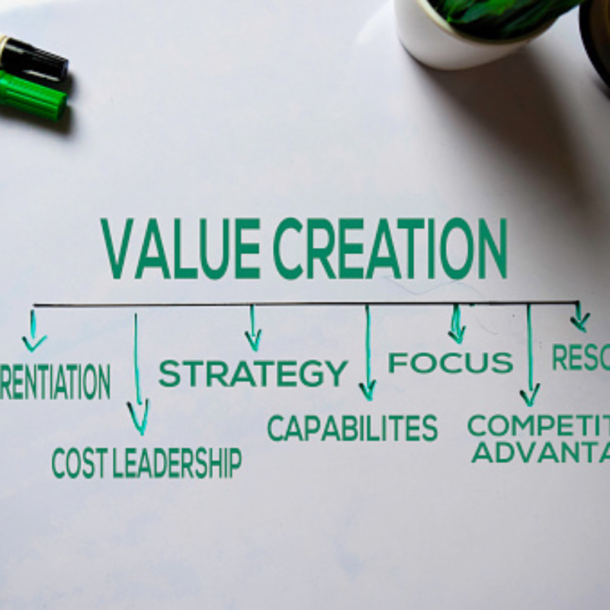
Denise, I like what you stated about visionary leaders being driven to succeed regardless of risk, and I fully agree! If people like Steve Job would not have taken some of the risks he did, Apple, undoubtedly wouldn’t be what it is today. I think some of the best visionary leaders are “blinded” in a way so that they only see their vision (goals) and direct all of their focus on that vision until they reach it.
I believe that visionary leaders have a different way of succeeding than other succeeders. When someone who visions something going a certain way it just drives them and nothing gets in their way. It is almost like they know the way situations are suppose to happen. The list of names you provided was great, Denise. These are some of the most successful visionary people. Someone of these people did not have the greatest upbringing but they saw a vision and nothing stopped them from achieving that goal.
Shane, I couldn’t agree with you more. Visionary leaders as Denise stated, have a “passion” for what they do. It takes a special kind of person to be a leader like this. They tend to see a broader picture and want everyone to succeed.
Denise,
In your post you stated that “I believe that visionary leaders are unique and truly driven to succeed regardless of risk.” I agree with this assessment about visionary leaders and believe this is one of the primary attributes that allows them to be able to lead other individuals with special talents to assists in their goals of success. Visionary leaders typically have a unique quality and energy that is blatantly recognizable and attractive to others and makes others believe in the goal the leader is trying to obtain. The ability to make others believe in a goal and contribute their efforts to attaining desired goals is the most significant attribute visionary leaders have that makes them successful in most cases.
As a result of my love for food, cooking and consuming it. I decided to look at visionary leaders in the food industry. Kahan (2013) in his article led an interview with Shelley Rosen an executive at the McDonald’s Corporation. She led the global strategy on the balanced lifestyle issue brining over $500 million in new business and repositioning the McDonald’s brand. This led to the introduction of new menu items globally, alliances with advocates in government, leading scientists and expert doctors around the world.
Shelley said that McDonald’s realized that they were socially responsible for contributing to obesity related diseases because of the salty snacks, soda drinks and fast food that they sold. They responded to this by offering new menu choices, promoting physical activities among families and informed and educated people to democratize smart eating. McDonald’s knew that they couldn’t take on all the responsibility, but they also knew that they were in a position to make a real contribution on spreading the facts.
Kahan,S. (2013) Seth Kahan-Visionary Leadership. Maryland. Retrieved on February 5, 2014 from http://www.visionaryleadership.com/free-resources/change-interview-of-shelley-rosen-dealing-with-a-hot-issue.php



Leave A Reply
I work for a global consulting company who is involved with just about anything imaginable; from government contracts, to process improvement, to outsourcing functions, technology solutions, etc. The scope of our entire operation is truly astounding to me.
To be as successful as we have been and to continue to grow is not the result of any one person’s leadership and vision, but more of a collective. In order to find new processes and businesses that we can impact, it involves using the knowledge and skills of everyone in the company. Ideas are solicited, valued, and rewarded. Our leadership, which is a very large, diverse group, must be able to determine what works best, and to be able to those sell solutions to our existing and potential clients.
This company seeks out the best and the brightest, and from what we have accomplished over the company’s history, it shows. Without the vision and leadership of management and individual employees, we would not be able to stay innovative and grow.
It’s really no surprise that an organization with visionary leadership tends to be successful, especially when everyone can be involved. According to an article by Jui-Kuei Chen and I-Shuo Chen, visionary leadership inspires employees to improve themselves, drives their confidence, and pushes them towards achievement goals (2013).
Chen, J., & Chen, I. (2013). Don’t worry, I’m with you: can visionary leadership release neurotic employees for more perceived innovative interactions?. Innovation: Management, Policy & Practice, 15(2), 215-223. doi:10.5172/impp.2013.15.2.215
Greg,
Outstanding point! Many people don’t think about follower enegagement with a strong leader. Visionary leaders are no exception. However, engaging followers is a critical attribute of an effective leader.
Professor Green